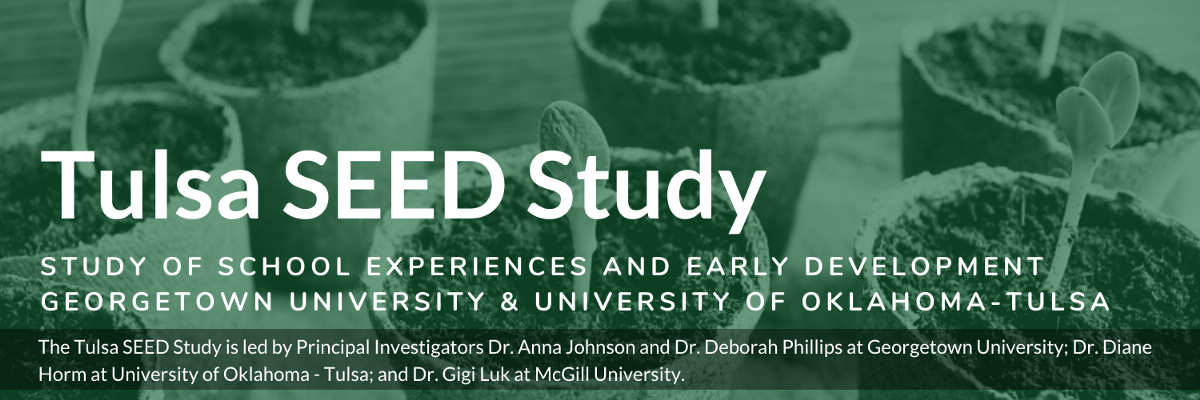


A new research brief from our School Experiences and Early Development (SEED) Study, looking at children’s “learning loss” during the pandemic. Is it “learning loss” or “learning stagnation?”
Parents, educators, researchers and journalists have alighted on “learning loss” as a devastating outcome of COVID-related school closures. Typically, these discussions blame learning loss on the extended and unpredictable disruptions in academic learning that occurred when schools transitioned to remote instruction, particularly in low-resource communities.
But the real story is more complicated. In fact, most children did not “lose” knowledge they had acquired before COVID. Instead, they continued to gain knowledge but at a dramatically slower pace than they did before the pandemic. As a result, their academic performance is well below the level of learning expected for their age. In other words, it appears that “learning stagnation” and not “learning loss” may be at play. This scenario provides an opportunity to evaluate how schooling empowers children’s learning.
We illustrate this point – that learning stagnation is not the same as learning loss – with data from the Tulsa SEED Study, an ongoing evaluation of pre-K education in Tulsa. The study began in 2016, with a cohort of 3-year-old children who have been followed ever since. In the spring of 2020, when schools transitioned to remote instruction due to COVID, the students were in first grade. In the spring of 2021, when schools reopened for in-person learning, the students were in second grade.